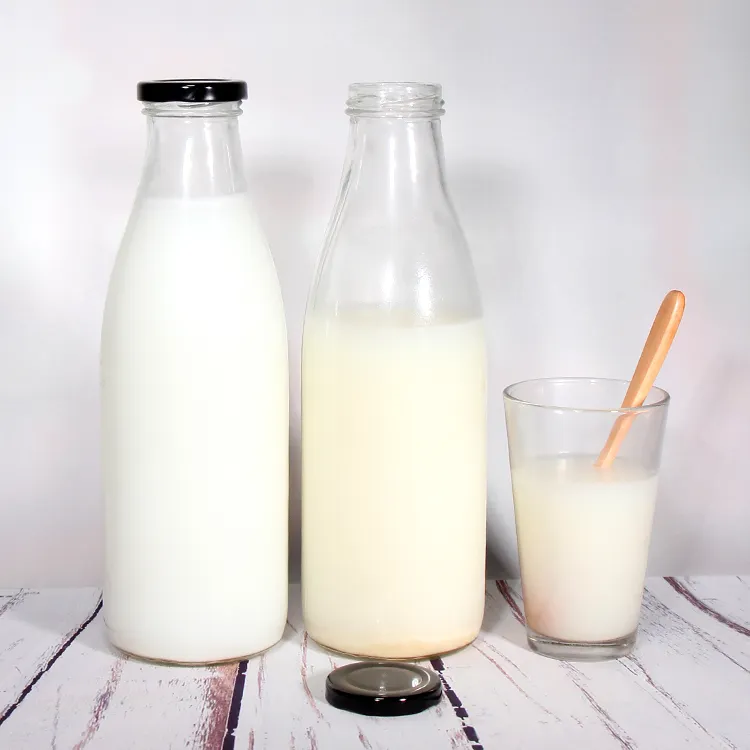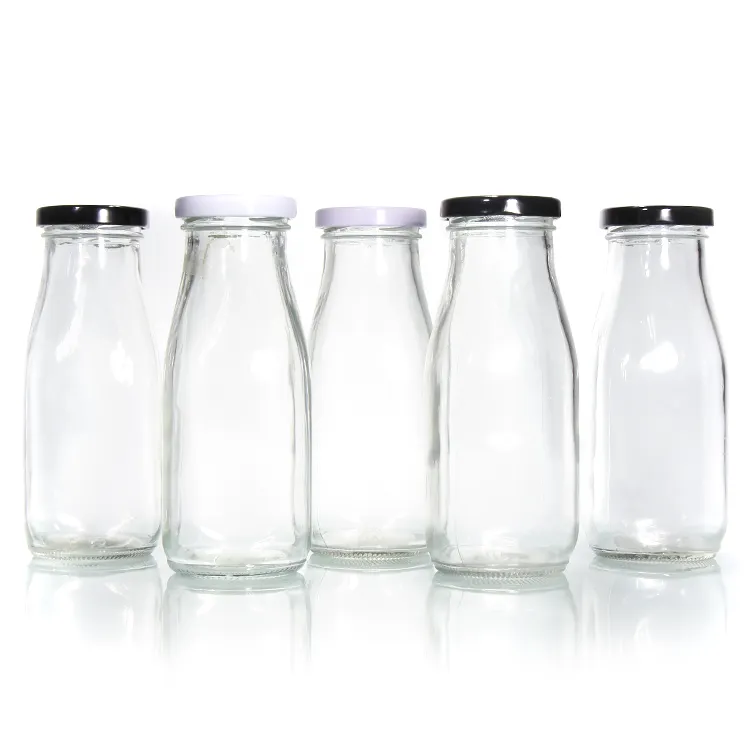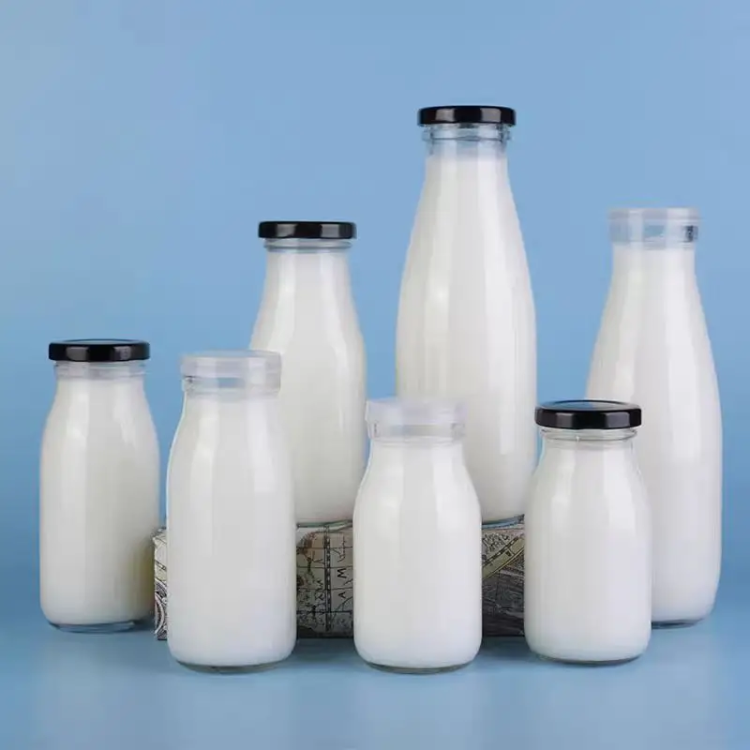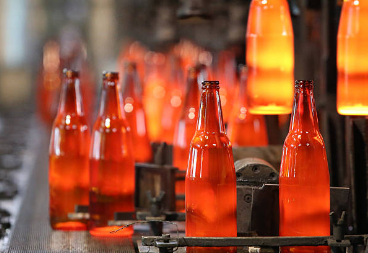|
Table Of Contents
|
|
1. Glass is Impermeable to Air and Moisture |
|
2. No Chemical Leaching |
|
3. Glass Helps Maintain Temperature |
|
4. Glass Does Not Absorb Odors or Flavors |
|
5. Glass is More Durable and Resilient |
|
6. Conclusion |
Yes, glass milk bottles can help keep milk fresher for longer compared to plasticbottles.
There are several reasons why glass is a better material for preserving thequality and freshness of milk:

Glass ls lmpermeable To Air And Moisture
One of the key factors in preserving the freshness of milk is minimizing exposure toair (oxygen) and moisture, Glass bottles are completely impermeable, meaning theydon’t allow air or moisture to pass through the material. This helps prevent the milkfrom absorbing any external odors or flavors, which can affect its taste.
In contrast, plastic bottles, particularly those made from low-quality plastic, canallow small amounts of air to seep in over time. This exposure can cause the milk tospoil more quickly. Air exposure leads to oxidation, which can degrade the quality ofthe milk, especially its taste and nutritional value.
No Chemical Leaching
Glass is chemically inert, which means it doesn’t leach chemicals into the milk, evenif the bottle is exposed to light or heat. Some plastics, on the other hand, canrelease harmful chemicals, like BPA (Bisphenol A) and phthalates, into the milk,especially when the plastic is exposed to high temperatures or sunlight. Thesechemicals can affect the taste of the milk and, over time, could potentially affect itssafety and nutritional content.
Because glass doesn’t interact with the contents, it helps maintain the purity andflavor of milk, keeping it fresher and safer to drink for longer periods.
Glass Helps Maintain Temperature
Glass is a better insulator than plastic, meaning it can help keep the milk at a morestable temperature. This is important for freshness because temperaturefluctuations can speed up the spoilage process. While plastic may have someinsulating properties, it is not as effective as glass in maintaining a consistenttemperature for longer periods.
When milk is kept in a glass bottle, it stays cooler for longer, which helps slow downthe growth of bacteria and preserves its freshness.
Glass Does Not Absorb Odors or Flavors
Plastic bottles, particularly those that are reused, can absorb odors and flavorsfrom the contents over time. This can affect the taste of the milk, especially if thebottle has been previously used for storing other substances. In contrast, glass isnon-porous, meaning it won’t absorb odors or flavors. This ensures that the milkremains clean-tasting and unaffected by any previous contents, even if the bottle isreused.
Glass is More Durable and Resilient
While glass is breakable, it is less prone to degrading or warping over time. Plasticbottles can crack or lose their shape, especially with repeated use, which can affecthow well they seal and how they maintain the freshness of their contents. Thedurability of glass ensures that the bottle maintains a proper seal, keeping the milkfresher for a longer period.

Conclusion
Glass milk bottles can indeed keep milk fresher for longer. Theprimary factors that contribute to this include glass’s impermeability to air andmoisture, its ability to protect against UV light, and its non-reactive nature, whichprevents chemical leaching. Additionally, glass is better at maintaining temperatureand does not absorb odors, all of which help preserve the milk’s taste, nutritionalvalue, and overall freshness.
For consumers who prioritize freshness and quality, glass milk bottles are asuperior choice over plastic, especially when considering long-term preservationand safety.


If you’re in the market for a suitable storage and packaging material,
we have thousands of different types of glass products available.
Our professional team is here to support your business and share you valuable experiences.
Feel free to inquire!
Sales Annie
Email:sales07@xzbolite.com
Whatsapp:+8618652204061





